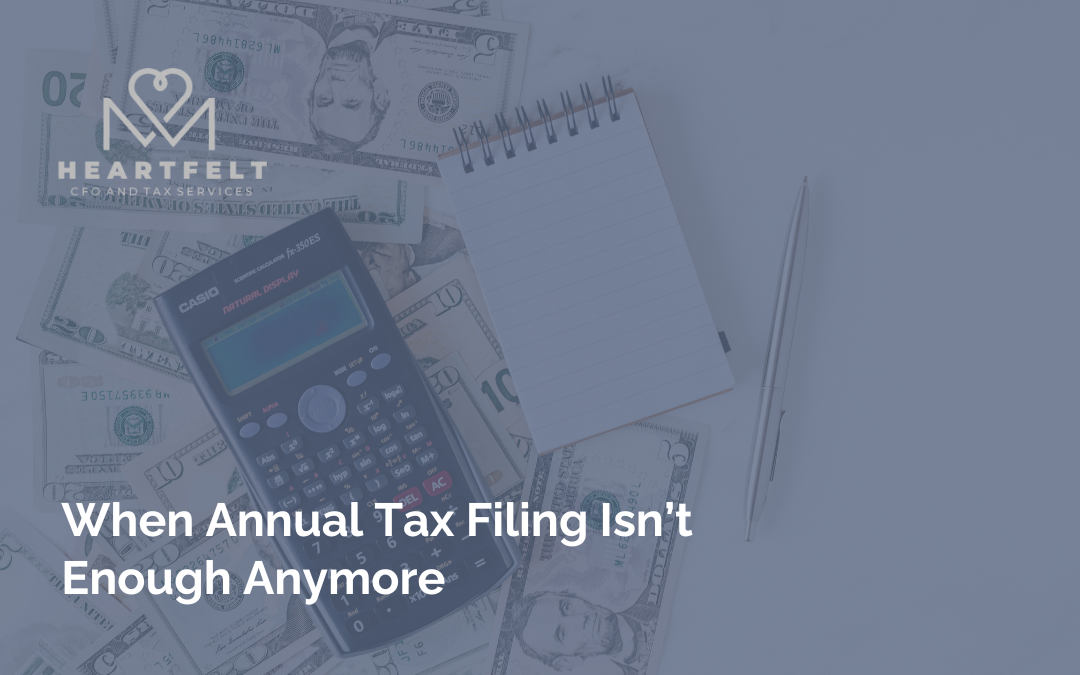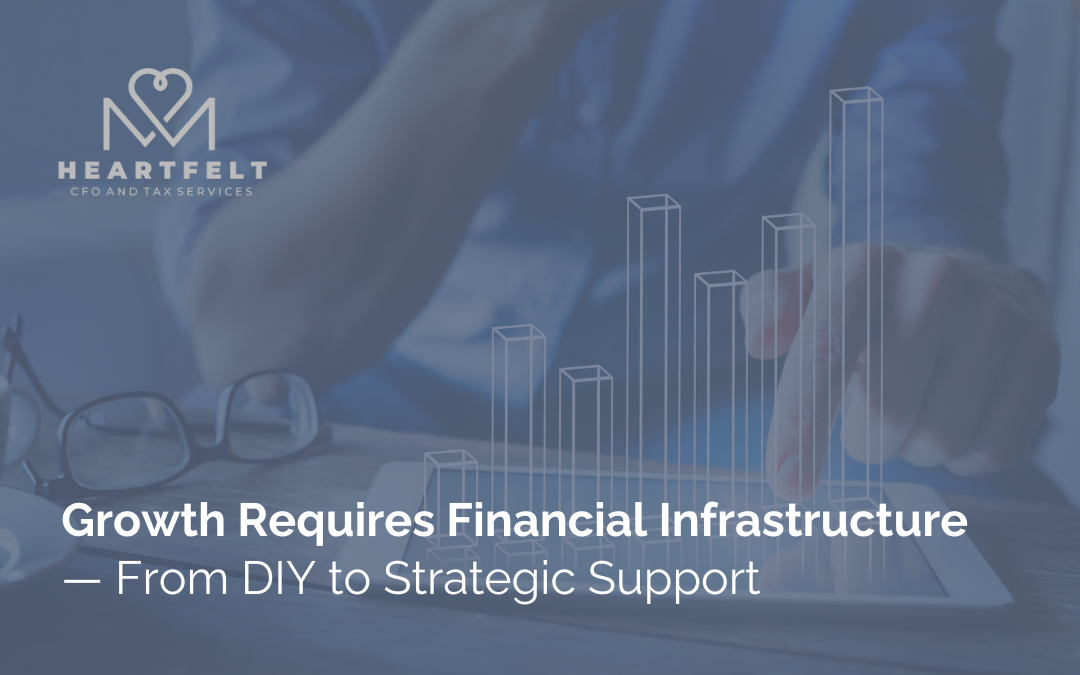What’s the Best Avenue for Your Business?
It’s not uncommon for some of our clients to be confused over the difference between a CPA and a CFO. While they both have a hand in your company’s finances, the two roles are vastly different. Heartfelt CFO and Tax Services explains the difference in these positions to help you determine which will be the most beneficial for you business;
What is a CPA:
A Certified Public Accountant (CPA) must comply with state-mandated education requirements, which includes a bachelors degree (150 credits) in accounting. Upon the successful completion of a CPA exam, the title of licensed certified public accountant is awarded. CPA’s can work within corporations or the public and can operate within almost any area of finance, including mergers & acquisitions, estate planning, financial or government accounting, financial planning & analysis or tax planning, to name a few.
In regard to your business, a CPA will assemble financial information based on data that you provide, and prepare monthly and quarterly accounting overviews for your review. Your CPA will also prepare the necessary tax documents and requirements necessary for IRS filings and investment credentials.
What is a CFO:
A Chief Financial Officer (CFO) is on-hand to help a business oversee and manage finances. It is their responsibility to not only manage finances, but also to project and forecast trends within the economy and niche market for overall financial growth and success in the future. Big businesses will include a CFO as part of their executive team, while smaller companies and start-ups may opt for a virtual CFO.
Your company CFO will strategize and plan for financial decisions regarding your business with significant time in advance, taking into consideration not only the goals of your institution but your ability to perform and actually meet these goals. Your CFO will analyze results and help in maximizing the value of your overall business for owners and investors. The CFO will ensure that not only does your CEO receive financial reports, but that your CEO understands them as well.
What Does This Mean for Business Owners?
This by no means indicates that your CPA is of less value than your CFO. However, it is important to understand that your CFO and CPA have different roles within your business. Fortunately many bookkeeping and accounting firms can work side by side with your CPA in order to streamline the process and cater to your individual business needs. Together we can help allow both CPA and virtual CFO roles to be fulfilled as efficiently as possible.




